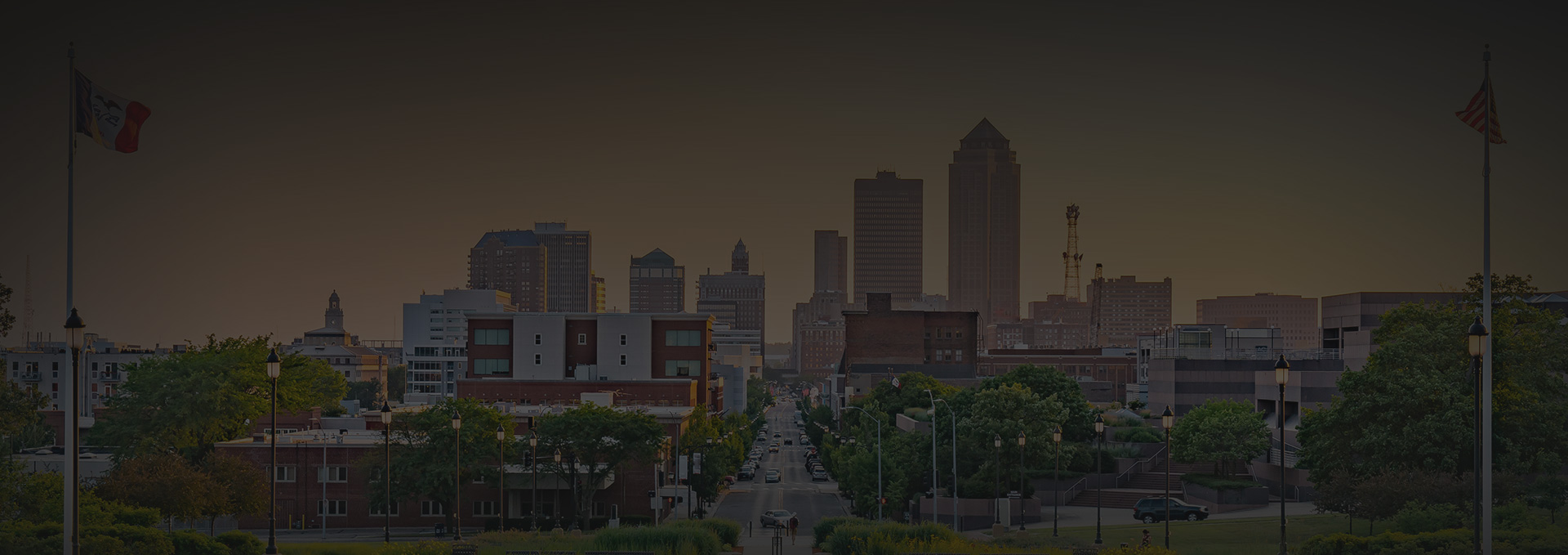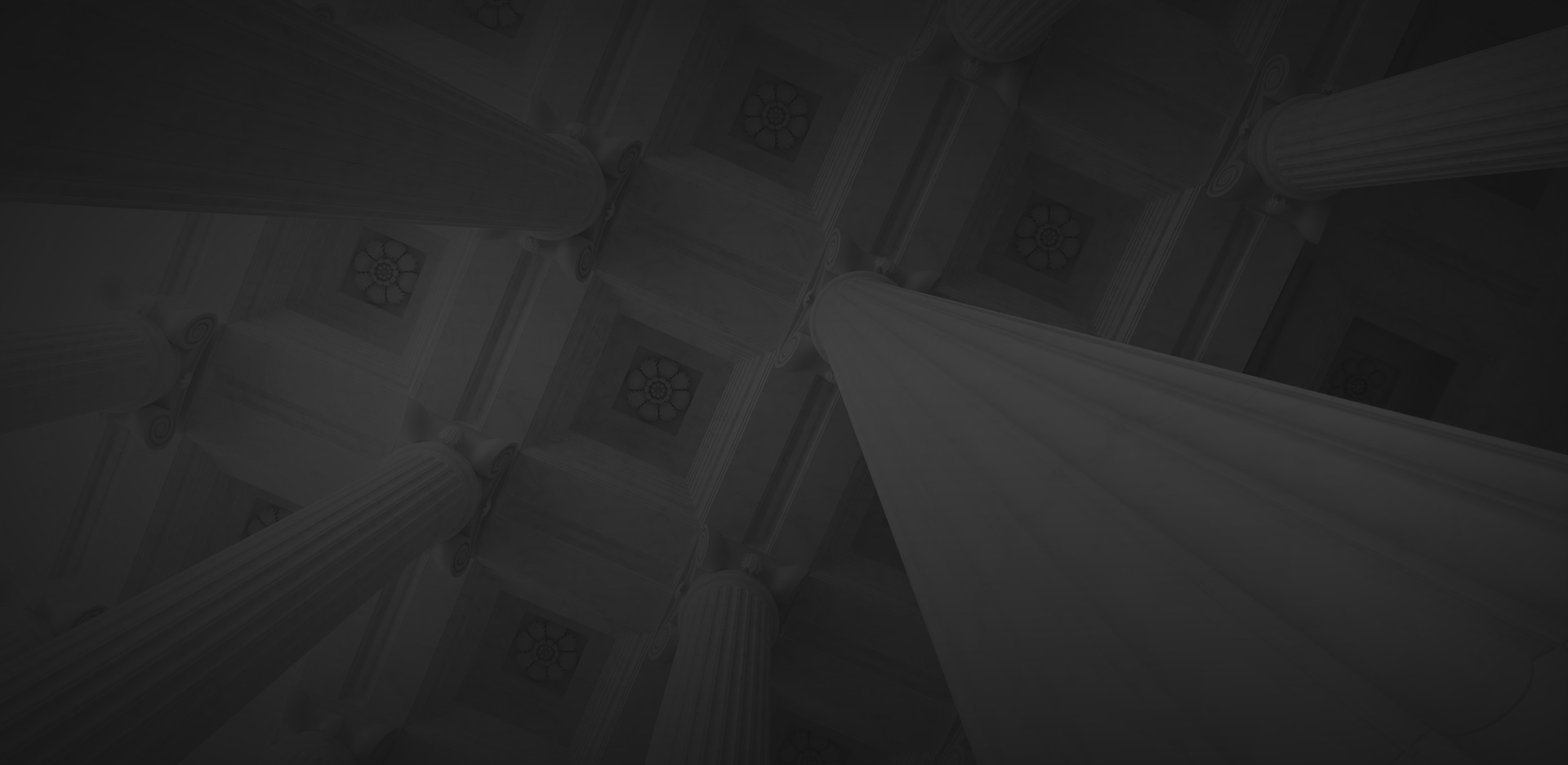
Des Moines Slip & Fall Lawyers
Helping Slip & Fall Accident Victims in Iowa
When you visit someone else’s property—whether it’s a private home or a commercial space—you expect a reasonable degree of safety. In fact, property owners in Iowa are required by law to conduct adequate maintenance and repair or remove hazards promptly. At the very least, property owners should warn visitors of any conditions that pose a foreseeable risk of injury or harm, such as wet floors or broken steps. When they fail to do this, and innocent people are hurt, victims are entitled to bring premises liability claims and seek fair compensation for their damages.
One of the most common types of premises liability claims involves slips, trips, and falls caused by hazardous property conditions. At LaMarca Law Group, P.C., we handle all types of slip and fall claims, including those involving private residences, commercial properties, public spaces, and government-owned or operated settings. Our Des Moines slip and fall lawyers have over 100 years of combined legal experience, as well as a proven record of success. We know the legal challenges you are up against, and we are prepared to do everything we can to secure the maximum compensation you are owed for your medical bills, lost income, pain and suffering, and other losses.
Call (515) 705-0233 or submit a free online case evaluation form today to get started with a complimentary consultation with our slip & fall accident lawyer in Des Moines.
How To Prove Negligence in a Slip & Fall Accident?
Iowa property owners are expected to keep their properties in reasonable condition and to remove, repair, or warn others of potentially dangerous conditions. A property owner can be held legally liable for a slip and fall accident when they fail to uphold this duty of care.
There are several things you will need to prove to bring a successful slip and fall claim, including:
- Duty of Care: You will need to establish that the property owner owed you a duty of care. Typically, this means establishing that you were lawfully on the property when the incident occurred. Property owners owe differing duties of care to different types of visitors, but they owe the lowest duty of care to trespassers.
- Breach: You will also need to prove that the property owner breached the duty of care. This might include things like proving the property owner failed to conduct adequate property maintenance or that they did not properly remove a hazardous condition that a reasonable person would know posed a foreseeable risk to others.
- Causation: You will need to prove that the property owner’s breach of the duty of care was the cause of your slip and fall accident. Often, this also involves proving that you were not being negligent yourself at the time of the accident and that the condition that caused your fall was not open, obvious, and easily avoidable.
- Damages: Lastly, you will need to prove that you sustained damages. Often, this involves proving your injuries, as well as related economic losses, such as medical bills and lost wages. Damages can also be non-economic in nature and may include things such as pain and suffering, emotional distress, and trauma.
At LaMarca Law Group, P.C., our Des Moines slip and fall attorneys work with a team of experts to conduct exhaustive investigations and determine exactly how a slip, trip, and/or fall accident occurred. We look at the various factors involved, including what the property owner should have done to remove the risk of injury. This allows us to build effective legal strategies for our clients, tailored to their unique needs and concerns.
What Types of Hazardous Conditions Lead to Slip & Fall Accidents?
A hazardous condition is one that poses a foreseeable risk of injury or harm to others. There are numerous possible hazardous conditions, many of which can contribute to slips, trips, and falls.
Some of the most common hazardous conditions involved in slip and fall accidents include:
- Wet floors
- Uneven floors
- Defective or missing handrails
- Broken stairs/steps
- Torn or ripped carpeting/floor coverings
- Slippery/just-waxed floors
- Spills
- Fallen merchandise
- Cluttered walkways or aisles
- Poor/insufficient lighting
- Improper signage
- Potholes
- Defective sidewalks
- Exposed cords, wires, and other tripping hazards
If you slipped, tripped, and fell because of any of these or similar property conditions, and you believe the property owner was negligent in repairing, removing, or warning of the condition, reach out to our team at LaMarca Law Group, P.C. for a free consultation. We can help you understand your legal rights and help build a case aimed at maximizing your recovery.
